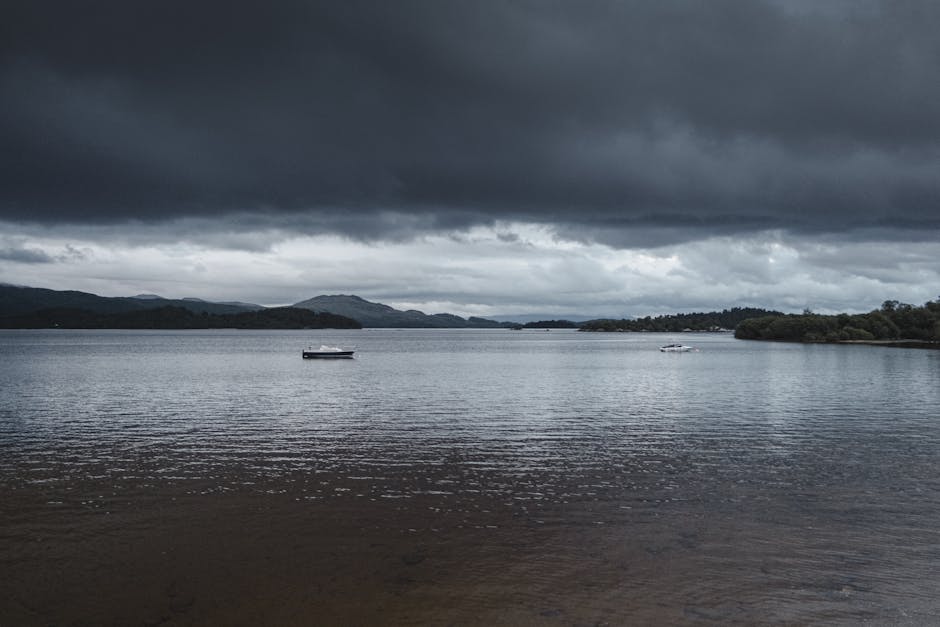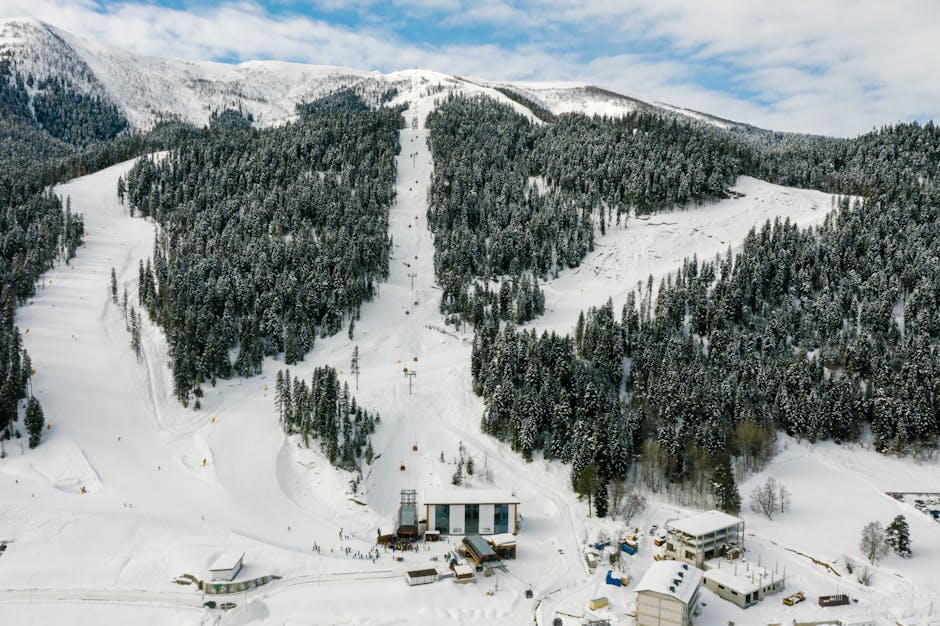Journalism Under Siege: Democracy’s Fourth Pillar Crumbles
In democracies worldwide, journalism serves as the essential fourth pillar – a watchdog holding power accountable. But what happens when that watchdog is systematically muzzled? Across India and globally, journalists face unprecedented attacks through intimidation, legal harassment, violence, and even assassination. This war on journalism threatens not just press freedom, but truth itself.
The Rising Tide of Censorship in India
Recent years reveal alarming trends in silencing critical voices across India. Authorities employ sedition charges, newsroom raids, and draconian laws like the Unlawful Activities (Prevention) Act (UAPA) to suppress dissent. Journalists exposing corruption or questioning power structures face relentless legal harassment.
Notable cases include:
– Siddique Kappan: Jailed for over two years while covering the Hathras gangrape case
– Mohammad Zubair: Arrested for fact-checking content deemed offensive to religious sentiments
These incidents demonstrate the high personal costs of truth-telling in contemporary India.
Violence Against Journalists: India’s Dangerous Reality
The Committee to Protect Journalists ranks India among the world’s 10 most dangerous nations for reporters. Journalists in conflict zones like Kashmir and Chhattisgarh face routine harassment, while urban reporters covering protests risk assaults from both state and non-state actors.
The 2021 murder of Rakesh Singh “Nirbhik” in Bihar exemplifies the lethal consequences of investigative reporting on corruption. Such cases rarely see justice, creating a climate of impunity for press freedom violations.
Digital Repression: The New Frontier of Censorship
Governments have weaponized digital tools against journalists through:
– Arbitrary website blocking under “national security” pretexts
– Sophisticated surveillance like Pegasus spyware
– Social media bans targeting critical voices
The 2023 blocking of multiple news platforms and imprisonment of editors like Fahad Shah (The Kashmir Walla) demonstrate escalating digital censorship.
The Chilling Effect: How Self-Censorship Silences Newsrooms
Perhaps the most damaging consequence is the rise of self-censorship. Fear of legal retaliation or violence forces journalists and news organizations, particularly regional outlets, to avoid sensitive stories. This creates information vacuums where corruption thrives unseen.
Why Press Freedom Matters for Every Citizen
Journalism’s decline affects all citizens by:
– Enabling unchecked corruption
– Eroding government accountability
– Leaving communities uninformed about critical issues
Protecting Journalism: A Call to Action
- Legal Reforms: Amend repressive laws used to target journalists
- Public Engagement: Support independent media through subscriptions and advocacy
- Global Solidarity: International pressure on governments violating press freedom
The battle for journalism continues. Its outcome will determine whether truth or silence prevails in our democracies.
—NextMinuteNews




